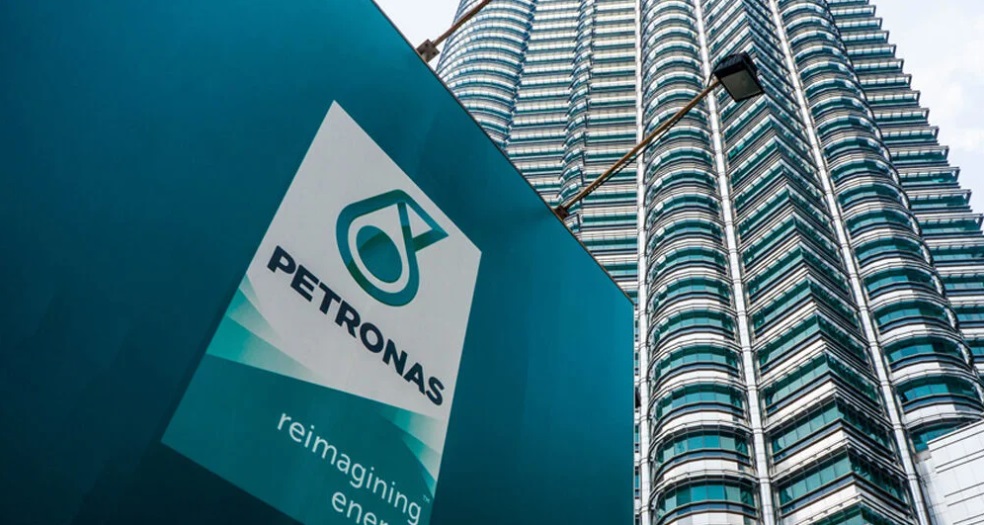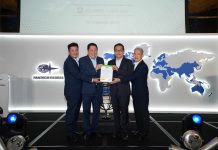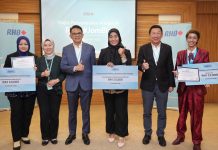
Petroliam Nasional Bhd (Petronas) assured that its recent rightsizing efforts is meant to ensure that the national oil company can continuously contribute to nation-building as changes and dynamics of the global oil and gas (O&G) sector demands for the company reinvent and be future ready.
With a current total workforce of 52,000 – of which 16,000 of them are core enablers – Petronas has contributed over RM1.5 trillion in the form of dividend, state sales tax, cash payments, export duty and national trust fund.
“Petronas is a national oil company (NOC) but it has always operated as an international oil company (IOC). And our competitors have made such touch decisions as well,” said its president and chief executive officer Tengku Tan Sri Muhammad Taufik.
He noted that globally, the O&G industry’s margin has been squeezed from what used to be 40-45% to 20% and Petronas has been experiencing a similar margin pressure – with a risk of it further reducing to 16-18%.
To be able to continuously contribute in nation-building that involves investing, expanding, Taufik believes that Petronas needs to have the right talent to be able to serve according to its clients’ demand.
“Petronas has to decide if it’s going to remain relevant locally and also in the markets it operates and continues to invest in. We can’t have a workforce that is not suited to carry out those agile package solutions that the markets are asking for now (involving affordable, secure and more sustainable energy,” he explained, highlighting that without ‘the bitter pill action, there will be defined shelf life for Petronas.
According to Taufik, the rightsizing effort will be done in a respectful manner and that currently, the mapping of jobs and planning are being done. Employees will be informed in the second half of the year and the whole process is set to be completed by the end of 2025, with a promise that the ‘necessary assistance will be given’.
The news of the rightsizing exercise comes after Petronas made new investments totalling RM7.5 billion at the Pengerang Integrated Complex (PIC) near Kota Tinggi in November last year.
Johor Menteri Besar Datuk Onn Hafiz Ghazi said that the investment includes a 40-megawatt (MW) solar energy project, a collaboration between Petronas Chemicals Group Bhd (PCG) and LG Chem, for the production of nitrile butadiene latex, a state-of-the-art chemical recycling plant for plastics and the development of a bio-refinery, which is expected to begin operations by 2028.
According to him, various development plans have been outlined for the Pengerang Integrated Petroleum Complex (PIPC), which covers approximately 9,268.9 hectares and will developed in four phases to create a downstream O&G chain in Johor from 2012 to 2037.
He also expressed hope that these developments will bring economic spillovers and attract new investors so that Johor’s aspiration to become a developed state by 2030 can be achieved.
More recently, Petronas Gas Bhd – through its wholly owned unit Regas Terminal (Pengerang) Sdn Bhd – launched Malaysia’s first liquefied natural gas (LNG)-driven air separation unit (ASU) in Pengerang, Johor and invited Dialog Group Bhd to participate by taking up a 27.78% stake, which marked a major technological advancement in sustainable energy.
“Final investment decision (FID) for the project was obtained in December 2023 with target commercial operation date in November 2026. The total awarded engineering, procurement, construction and commissioning (EPCC) cost is RM368 million,” he revealed.
The project was meant to emphasise the role of Petronas Gas in advancing environmental stewardship and technological progress aligned with the group’s growth objectives, driving profitability while furthering its commitment to sustainability as a key pillar of its long-term corporate strategy.
It is also expected to ultimately help reduce electricity consumption by approximately 25% and lower carbon emissions by 15,000 tonnes annually, compared to traditional ASU plants.
























